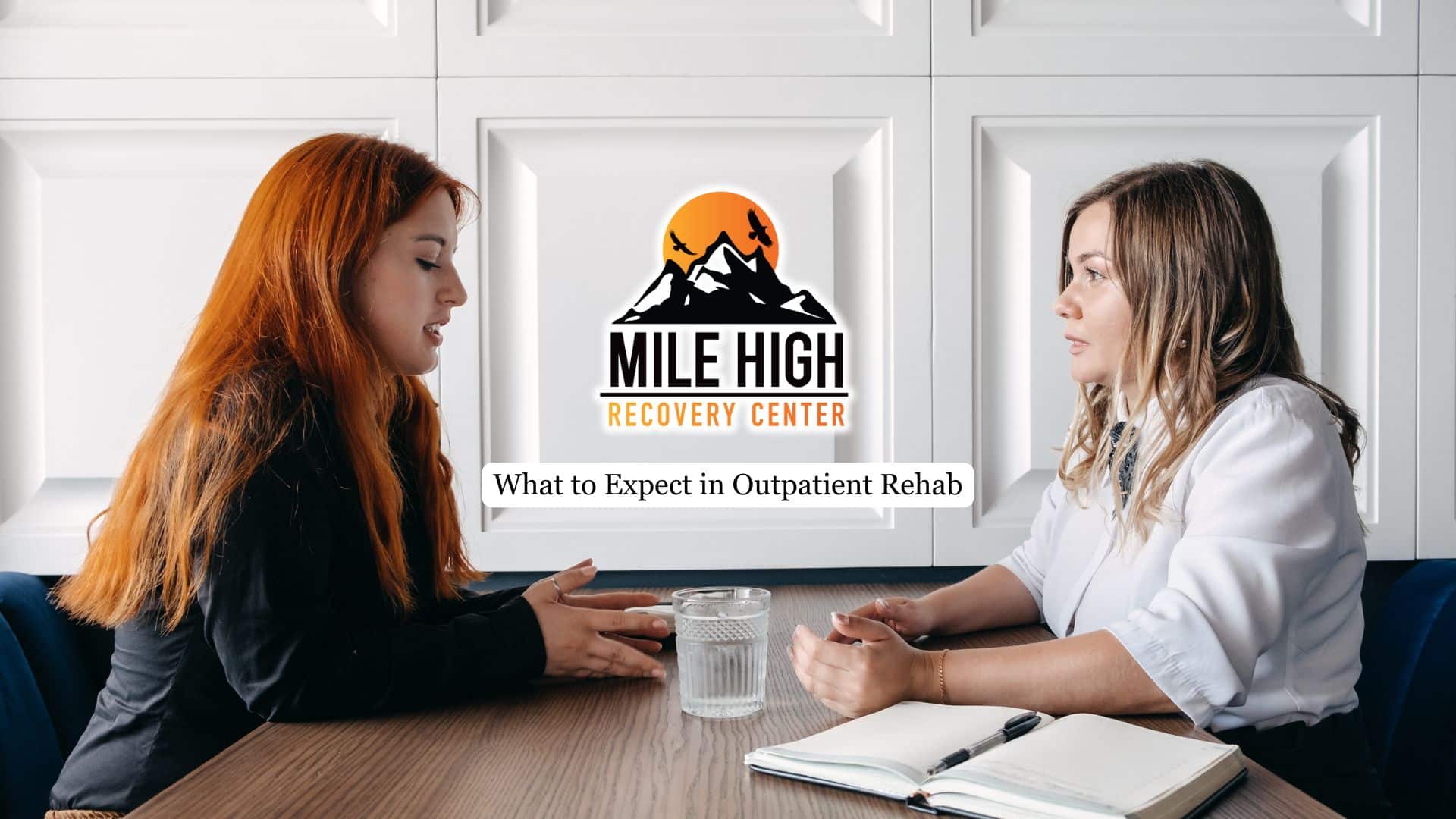When considering recovery options, outpatient rehab provides a flexible yet structured approach to drug and alcohol treatment. For individuals who need support without full-time supervision, understanding what to expect in outpatient rehab is an essential step toward choosing the right level of care.
This article breaks down how outpatient treatment works, the types of care available, and how it supports long-term recovery.

Understanding Outpatient Treatment
Outpatient treatment is a structured form of substance abuse treatment that allows individuals to live at home while attending scheduled therapy and counseling sessions at a rehab center. Unlike inpatient rehab, which requires 24/7 residency, outpatient rehab programs offer a more flexible level of care that can accommodate work, school, or family obligations.
Outpatient rehab may include individual therapy, group counseling, family therapy, and educational workshops. The level of treatment can vary depending on the outpatient program—some clients attend sessions multiple times a week. In contrast, others may begin in an intensive outpatient program and transition to fewer sessions over time.
Types of Outpatient Rehab Programs
There are different levels of outpatient treatment based on the severity of a person’s condition and the intensity of care required:
Standard Outpatient Program (OP): Offers a few hours of therapy weekly, generally for those with mild drug or alcohol use issues or as a step-down from a more intensive program.
Intensive Outpatient Program (IOP): This program involves 9–20 hours of therapy each week. IOPs are ideal for clients who need more support but can still live at home and manage daily responsibilities.
Partial Hospitalization Program (PHP): Provides full-day care without requiring an overnight stay. PHPs often serve clients with co-occurring mental health disorders who require a higher level of clinical attention.
Choosing the right level of care depends on a clinical assessment of the client’s substance use history, mental health needs, and daily responsibilities.
What Happens in Outpatient Rehab
When starting outpatient addiction treatment, most clients begin with a comprehensive evaluation at the treatment center. This process includes reviewing medical history, completing psychological assessments, and analyzing patterns of substance use. The treatment provider then develops a personalized treatment plan that outlines goals, therapy sessions, and other support services based on the individual’s needs.
Clients regularly participate in therapy sessions that explore the root causes of addiction, develop healthy coping strategies, and rebuild communication with loved ones.
Outpatient programs offer evidence-based practices like cognitive behavioral therapy (CBT), dialectical behavior therapy (DBT), motivational interviewing, and relapse prevention planning.
This program also supports co-occurring mental health conditions through dual-diagnosis services.
Education for family members about the recovery process is often part of the program, helping build a more stable environment for ongoing healing.
Whether stepping down from an inpatient program or beginning care in an outpatient setting, the goal remains the same: to provide the care you need in a way that supports lasting recovery.
Key Benefits of Outpatient Rehab
There are several benefits of outpatient rehab for individuals seeking drug and alcohol treatment. One of the most significant advantages is the ability to receive treatment while continuing to live at home and manage daily responsibilities. This flexibility allows clients to balance their recovery with real-world obligations, making it easier to practice coping strategies in real time.
Another major benefit is cost. Outpatient programs are generally more affordable than inpatient treatment, reducing the financial barriers to care. Many outpatient treatment centers also accept insurance or offer sliding-scale payment options.
Outpatient rehab provides access to support networks, group therapy, and community resources that can strengthen the recovery journey. Regular sessions help clients stay accountable while receiving consistent guidance from licensed professionals.

How Long Does Outpatient Rehab Last?
The length of outpatient treatment depends on the severity of addiction, individual progress, and the structure of the program. Some outpatient drug rehab programs last a few weeks, while others extend for several months. Clients may begin with an intensive outpatient program and gradually reduce sessions as they reach recovery milestones.
Outpatient programs require commitment, but the duration is often adaptable to meet the client’s needs. A typical outpatient rehab program may require 6–12 hours of participation per week, with continued care extending into aftercare or alumni support groups to promote long-term recovery.
Difference Between Inpatient and Outpatient Rehab
Understanding the difference between inpatient and outpatient rehab is crucial when exploring treatment options. Inpatient rehab, also called residential treatment, involves a more intensive treatment, living at a facility full-time, and receiving round-the-clock medical and therapeutic care. This environment is beneficial for individuals with severe drug or alcohol addiction or those who require a structured and supportive setting.
In contrast, outpatient rehab allows clients to receive treatment while remaining in their home environment. While it offers less supervision, outpatient rehab can serve as an effective option for those with a stable living situation and strong motivation to recover. The right choice depends on factors such as addiction severity, support systems, and personal responsibilities.
Final Thoughts from Mile High Recovery
Outpatient rehab provides individuals with a meaningful way to receive treatment for drug and alcohol addiction without stepping away from their everyday responsibilities. It combines structure, flexibility, and accountability, helping clients work toward long-term recovery while maintaining connections with work, family, and community.
At Mile High Recovery, our outpatient treatment programs in Denver, CO are grounded in clinical expertise, compassion, and personalized care. We offer a range of therapy options and support services to guide individuals through every step of the recovery process. Whether you’re looking for an outpatient rehab near you or want to learn more about outpatient rehab, we’re here to help you take the next step with confidence.







